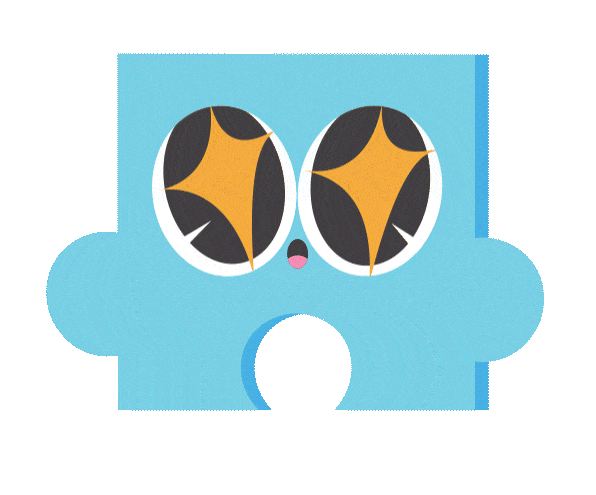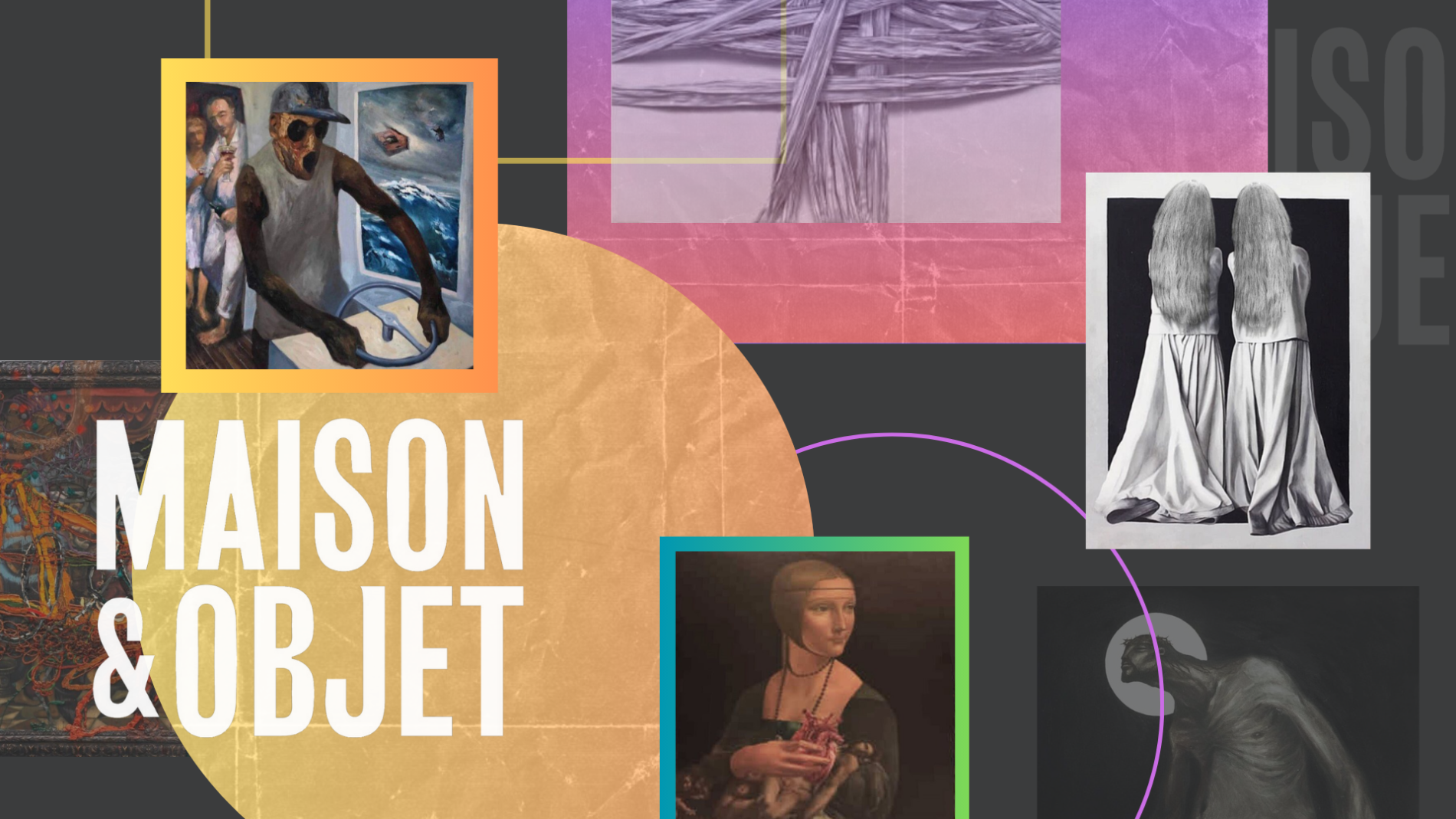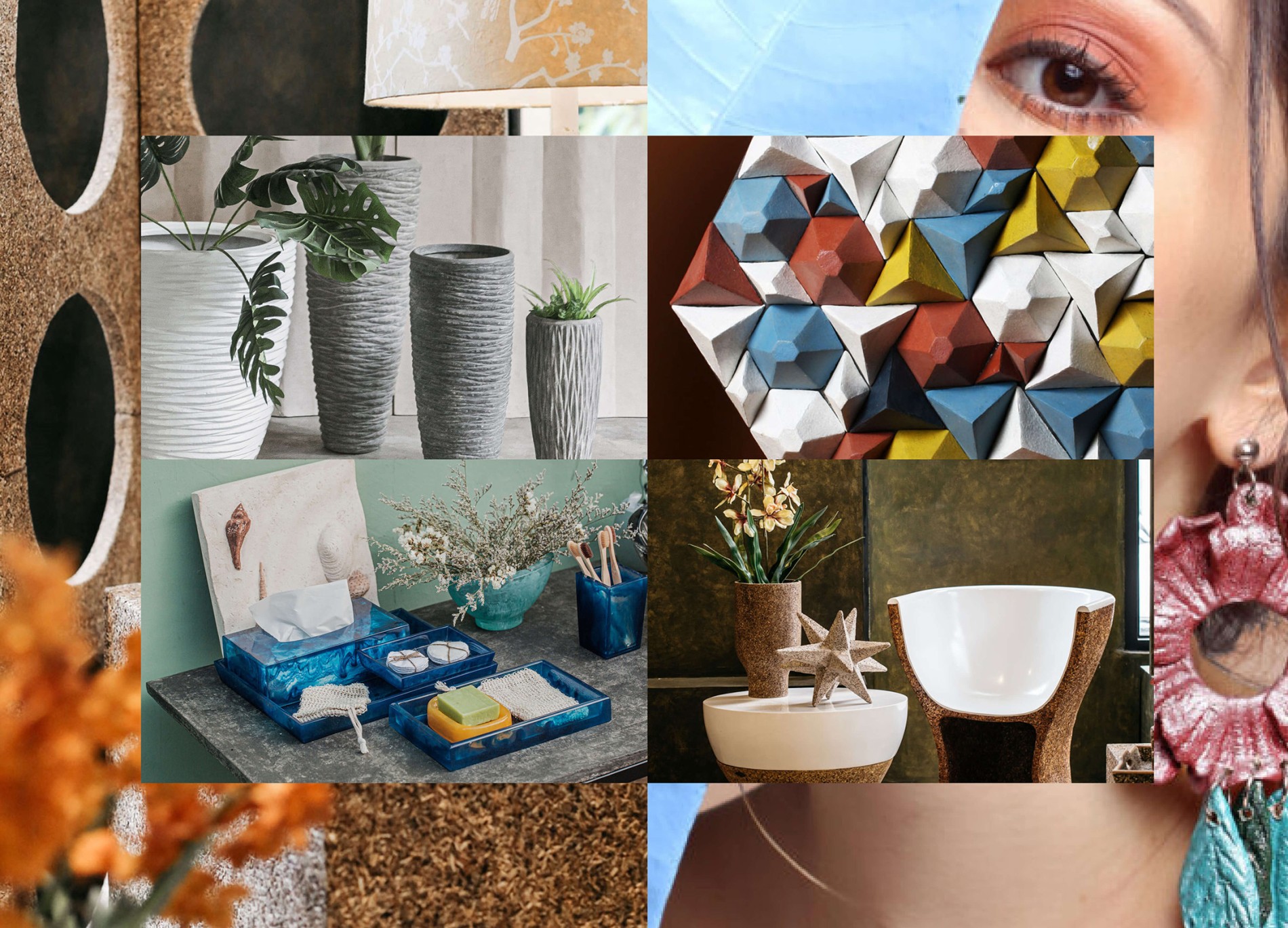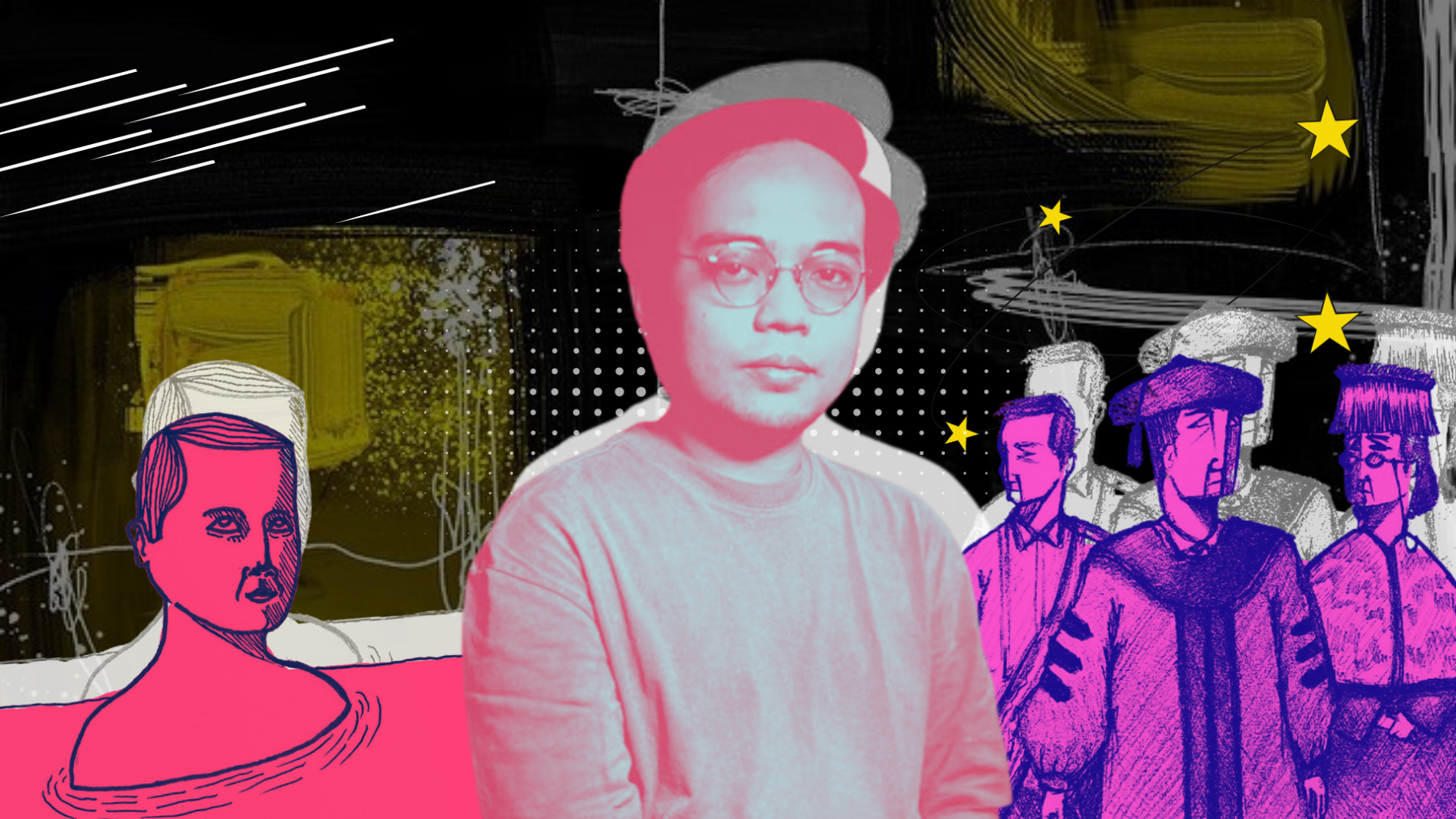
Bridging Theory & Practice: Insights from a Graphic Designer Turned Educator
By Arry Asiddao
June 06, 2023
Creativity is essential for success in any profession, especially in the world of graphic design. But when you’re working on design projects day after day, it’s easy to fall into a creative rut and feel burned out. According to a study by TBWA Worldwide released at the Cannes Lions Festival of Creativity in 2022, creatives are more likely to experience workplace burnout.
So how does one avoid stagnation and stay inspired as a creative professional? CREATEPhilippines spoke with Ernest Joseph Garcia a graphic designer who runs his own studio Grafiko Commercial Art Services, and an educator who handles Bachelor of Fine Arts major in Advertising courses at the Technological University of the Philippines. Garcia shares, in this interview, his journey into the academe and how it enriched his creative process as a practitioner amid a fast-paced and rapidly changing industry.
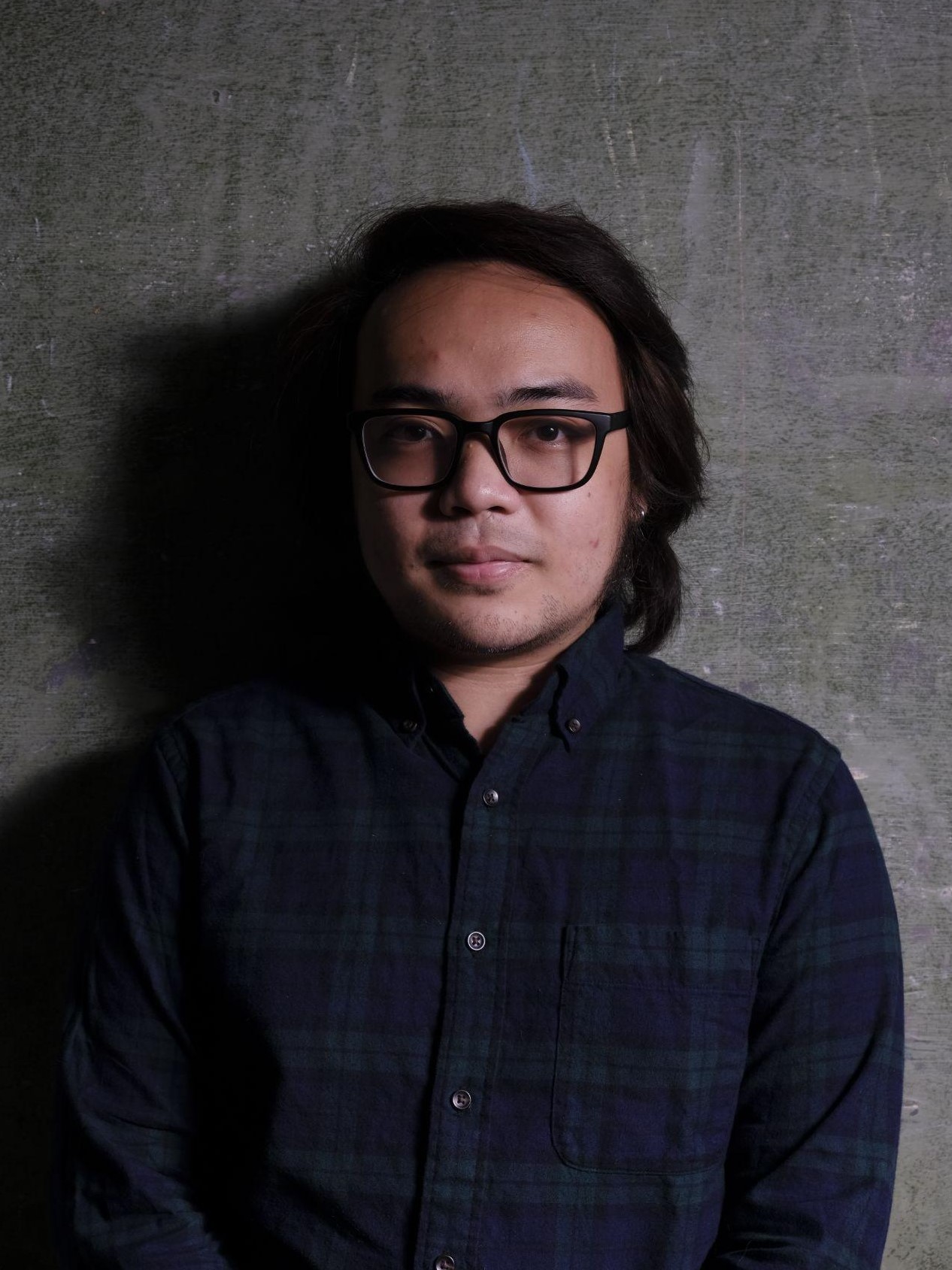
What excites you about graphic design today?
The thing that excites me about graphic design today is my exploration and immersion in the different styles (e.g., Bauhaus, Constructivism, Art Deco, Swiss) throughout the history of graphic design and art. Learning these styles and approaches gives me a sense of uniqueness in the contemporary space. Most designers today are only aware of the current trends, but I think they should also expose themselves to the history of design so they can learn how graphic design evolved through the years. It will also give them an idea of how to create their own unique style.
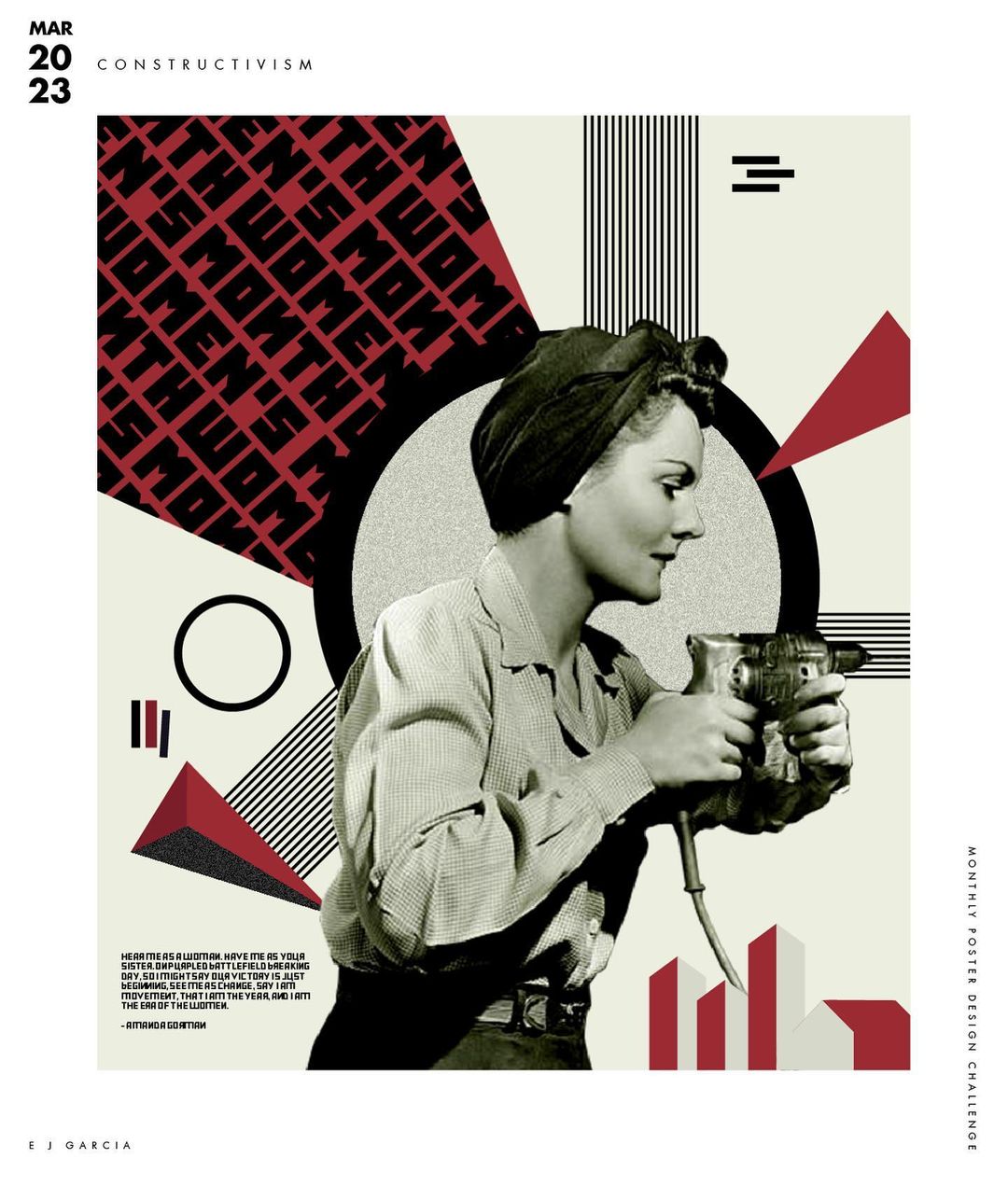
What types of projects do you most enjoy working on?
I enjoy working the most with print and digital graphic designs. Mostly, my work leans toward commercial art because of my background in marketing and advertising, and I love working in those areas. On the other hand, I’m also fond of making illustrations whenever I have some spare time, which is therapeutic for me.
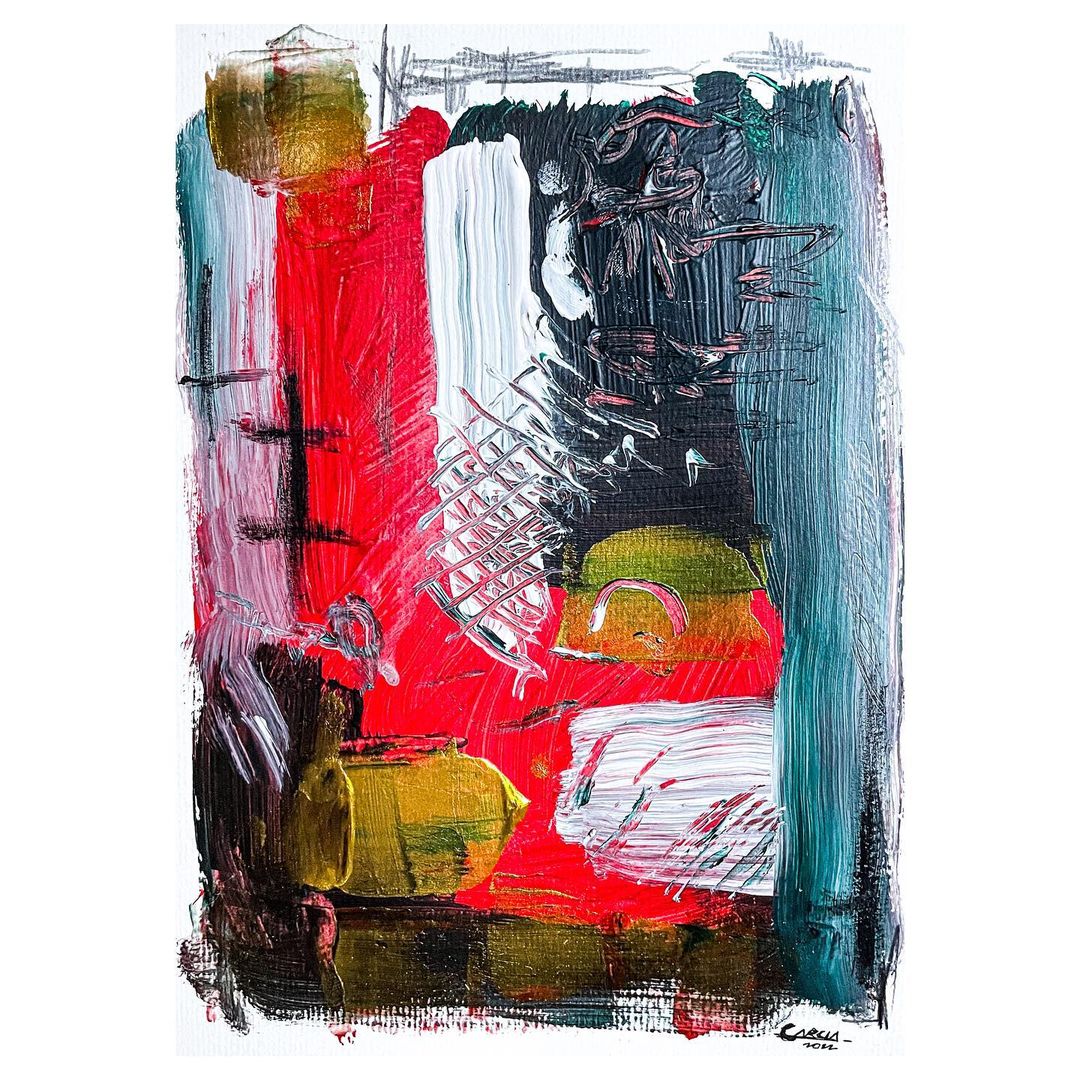
How do you reconcile your creative work with the demands of running a business?
Every piece of work that I make is a product of my creative ideas, and it shows through my outputs for the clients. I feel very thankful for most of my clients because they value my input, art direction, and creative recommendations. They allow me to freely express my own creative intervention rather than hold back.
What inspired you to also become an educator? How does teaching influence your creative work, and vice-versa?
My journey into the academe is quite spontaneous. To be frank, I never saw myself standing in front of 40-plus students to give lectures. But the pandemic came, and I entered graduate school for fine arts and design. That was when I fell in love with schools of thought, ideologies, and art theories; and that feeling made me want to share what I know with my students.
Despite my shy demeanor during my younger years, I was inspired to speak and challenge the creative minds in my classes. My students also inspire me a lot whenever I see their outputs, especially the good ones. I recognize their struggle while making those plates, and producing such good plates only shows their perseverance in making themselves better. As an educator in today’s age, I am constantly learning, not just from books, but from my students as well.
Teaching influences my creative work in a lot of aspects, not just in dealing with clients, but also when it comes to a theoretical and strategic approach to designing. I realized that applying theories consistently to your creative work makes a lot of difference, not just in the aesthetic aspect but also in the narrative of your work. I am a believer in a good narrative—it makes your creative work more alive. Everything has its own story, and our work is made up of stories as well, so make it resonate with your audience.

How do you avoid becoming stagnant as an artist? What's next in your creative career?
To avoid being stagnant as an artist or designer, you have to constantly pursue learning and stay on the grid of the creative world. I believe that our industry is one of the fastest-changing in the world and that if we don’t keep up with the rapid change, we will be left behind.
Stagnation should not be blamed on time. I believe it is our choice to be inert or to be moving. Resources are freely available to us, and all we need to do is check our skills, find our niche, and upskill according to that niche.
Regarding my next move, I think I will be staying in the academe for a bit longer while continuing my small freelance business. I would also like to explore more about UI design and UX research, which can be very useful in the coming years because we are already in the AI age. Apps will still dominate the digital world; and as creatives, we must hone our skills even further to maintain our relevance. I would also love to have some speaking engagements to share the importance of design, the history of graphic design in the Philippines, and other related topics. I want to help our fellow countrymen have a better understanding of the importance of visual communication in general and appreciate good design implementation within their local communities.
To see more of Ernest’s work, check out his portfolio or follow him on Instagram.
